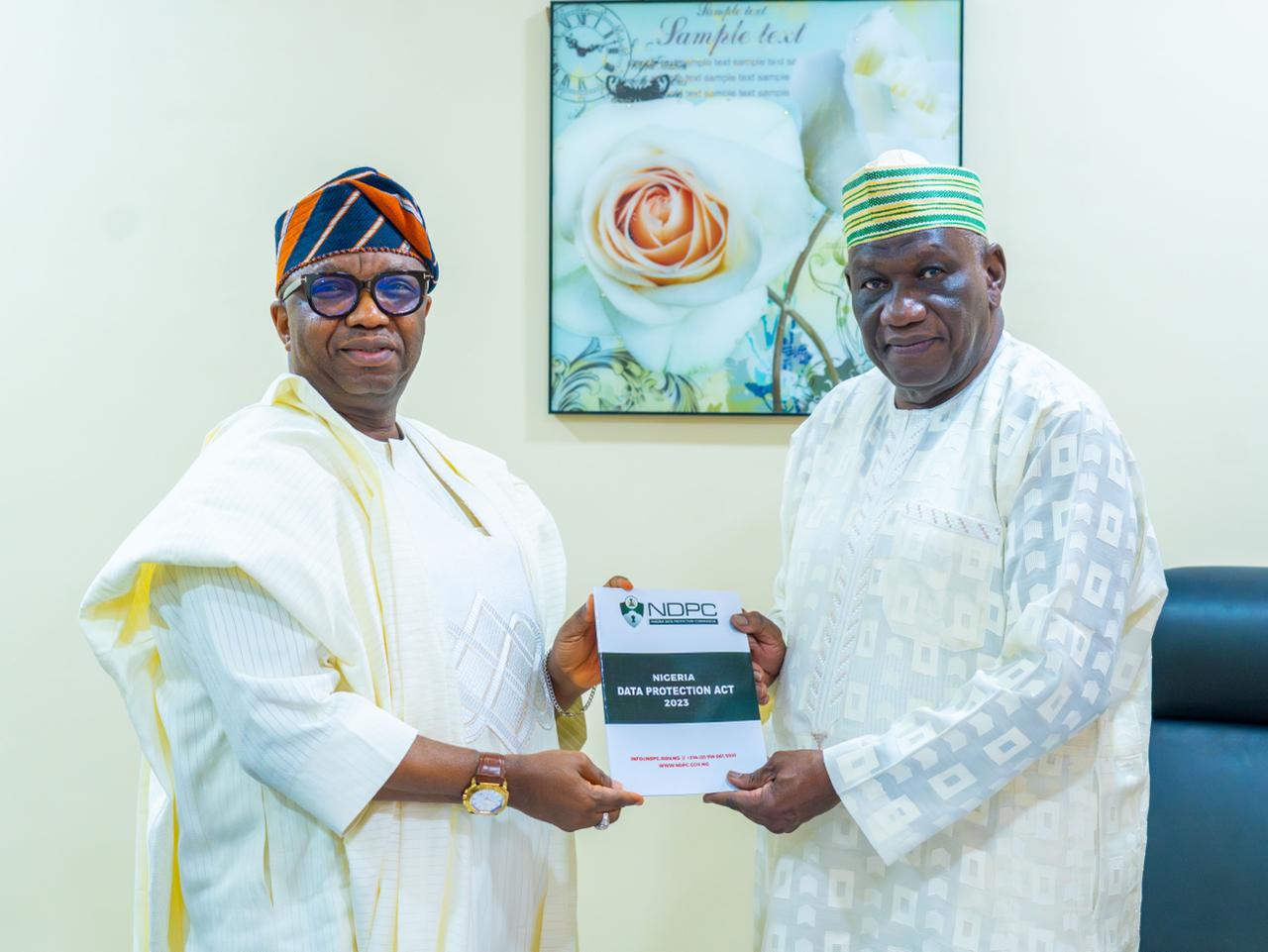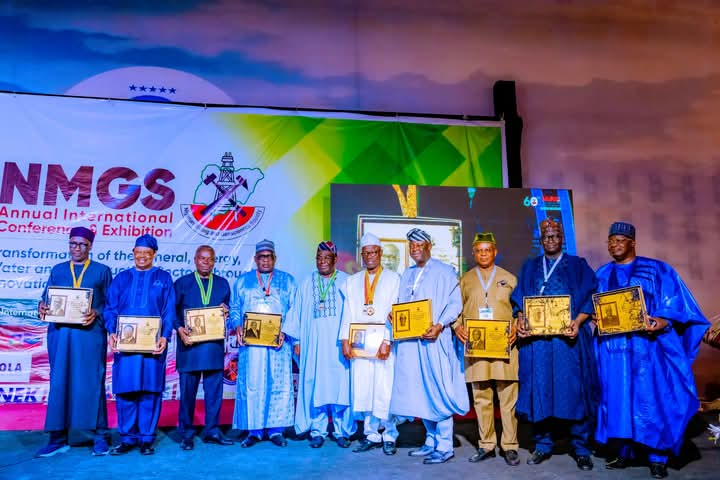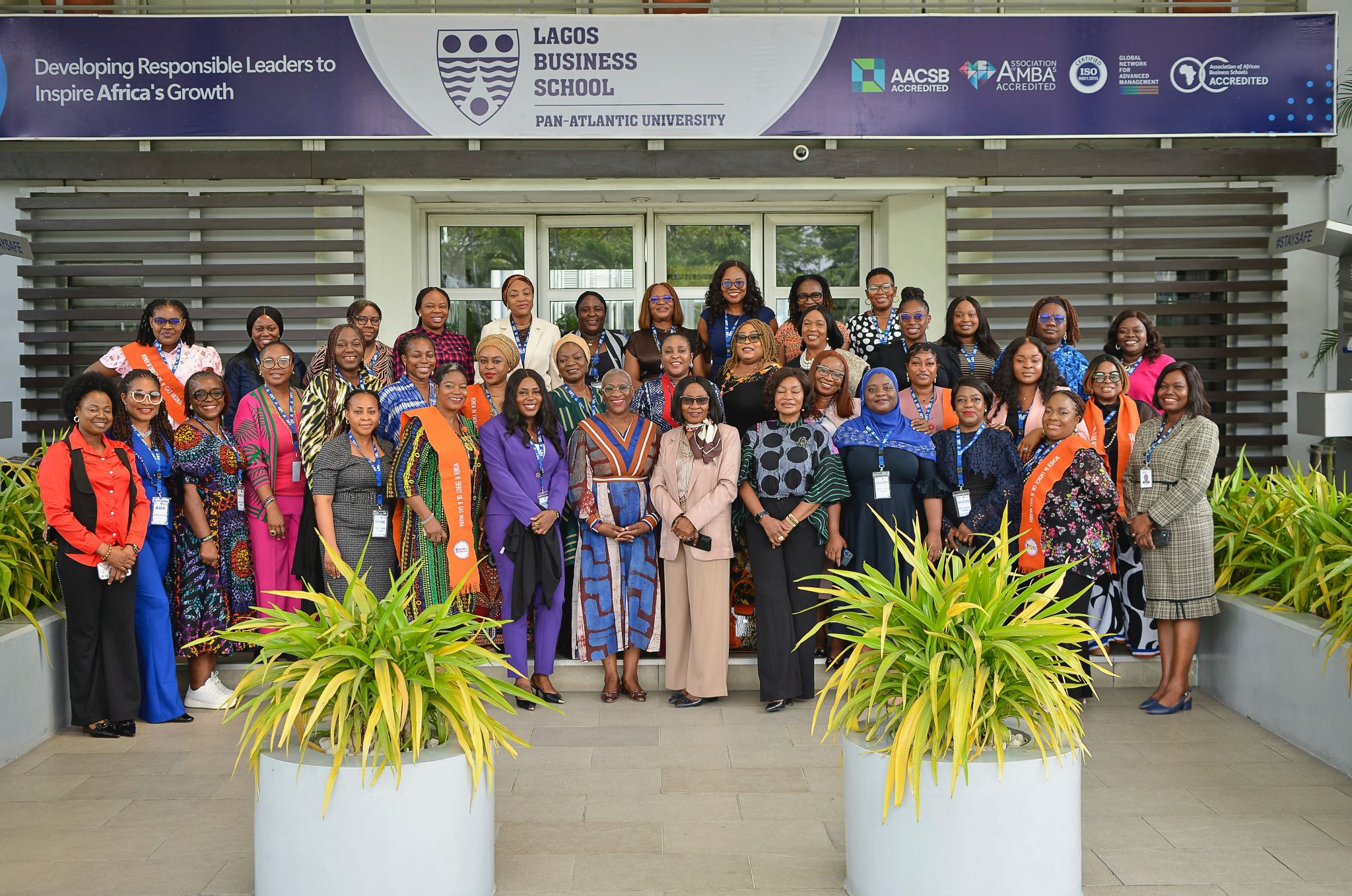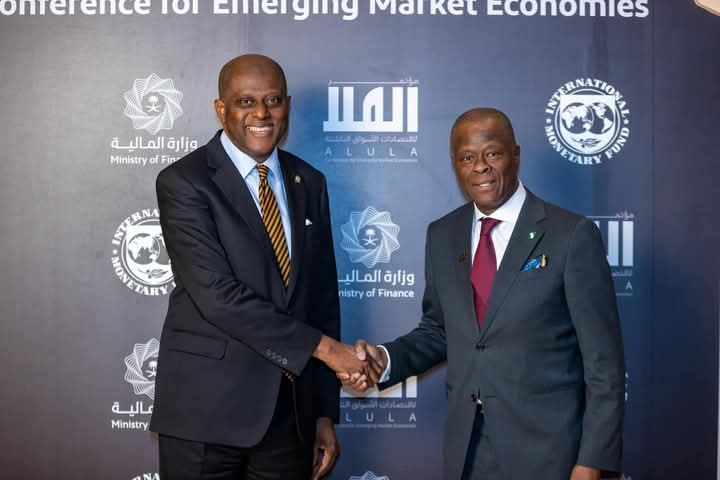Consumer adoption of remote biometric authentication soars
In a connected world, necessary safety measures like biometric authentication don’t need to be implemented at the expense of a seamless digital experience, says Gur Geva, Co-Founder and CEO at iiDENTIFii – leader in remote biometric authentication and automated onboarding.
As more products and services move online, the way customers experience those services is more important than ever. At the same time, liveness detection is now a non-negotiable given the realities of identity theft and fraud. Liveness is the guarantee that the individual attempting to authenticate is a real person, not a mask, a bot or a deepfake. The good news, according to Geva, is that balancing customer experience with frictionless onboarding is now entirely possible.
Instances where advanced technology becomes difficult for users to engage with are all too common. When it comes to digital identity authentication, there are clear differences in quality between various technologies in terms of accurately and efficiently verifying digital identity. The frequency and depth of authentication depends on the needs of an organisation, which can be met with different degrees of biometric authentication such as standard facial biometric mapping and liveness or richer solutions depending on the level of security required.
As demand for fast and seamless authentication solutions rapidly increase, organisations like major banks are starting to scale back brick-and-mortar premises in favour of redirecting resources online. Digital onboarding and biometric authentication is now becoming standard practice within leading financial institutions, where security and compliance are critical for both the consumer and the institution.
As more customer onboarding, commerce, and other activities take place exclusively online, remote authentication and verification are simply part of doing business. Digital transformation means organisations are changing into platform businesses. To do this successfully, they need technology that can integrate into their systems and assures customers of a safe, smooth experience.
Digital identity and digital authentication technologies are continuously improving, and their eventual ubiquity is all but guaranteed. Ensuring useability in terms of speed and ease of use is the key differentiator, especially in an environment where the customer, and their experience, is of utmost importance.
Going forward, it will be crucial for organisations with risk and compliance obligations to have rigorous and proven authentication technologies in place. Businesses starting from scratch will need to move quickly to deploy the right systems. This is where choosing the right partner is vital – the technology has to work, and it has to work flawlessly. Many providers claim to do biometric authentication, the reality is few can deliver a truly efficient and effective solution.
Encouragingly, South Africa’s digital onboarding processes are much more sophisticated than many other countries, including several developed nations. This is evident when legislation like the Protection of Personal Information Act is created, in part, to play catch up with technology so proper governance structures are in place to protect both the customer and the institution.
South Africa’s relative familiarity with biometric authentication also means organisations that are quick to adopt it, will get ahead. Those that opt to wait and see, will risk losing their competitive edge, as well as possibly making themselves obsolete. If you are not building a strong digital presence and supporting efficient, safe products and services, then you will certainly be left behind in a market where digital adoption and demand is growing exponentially.
:
















